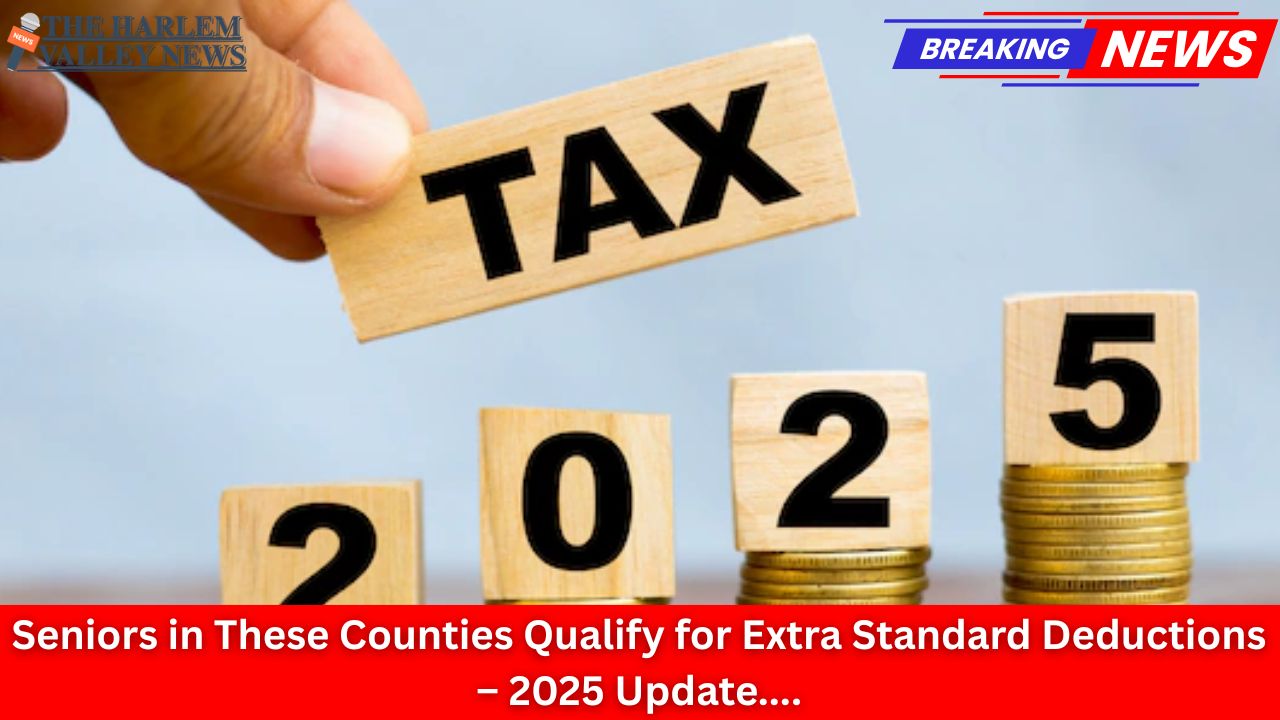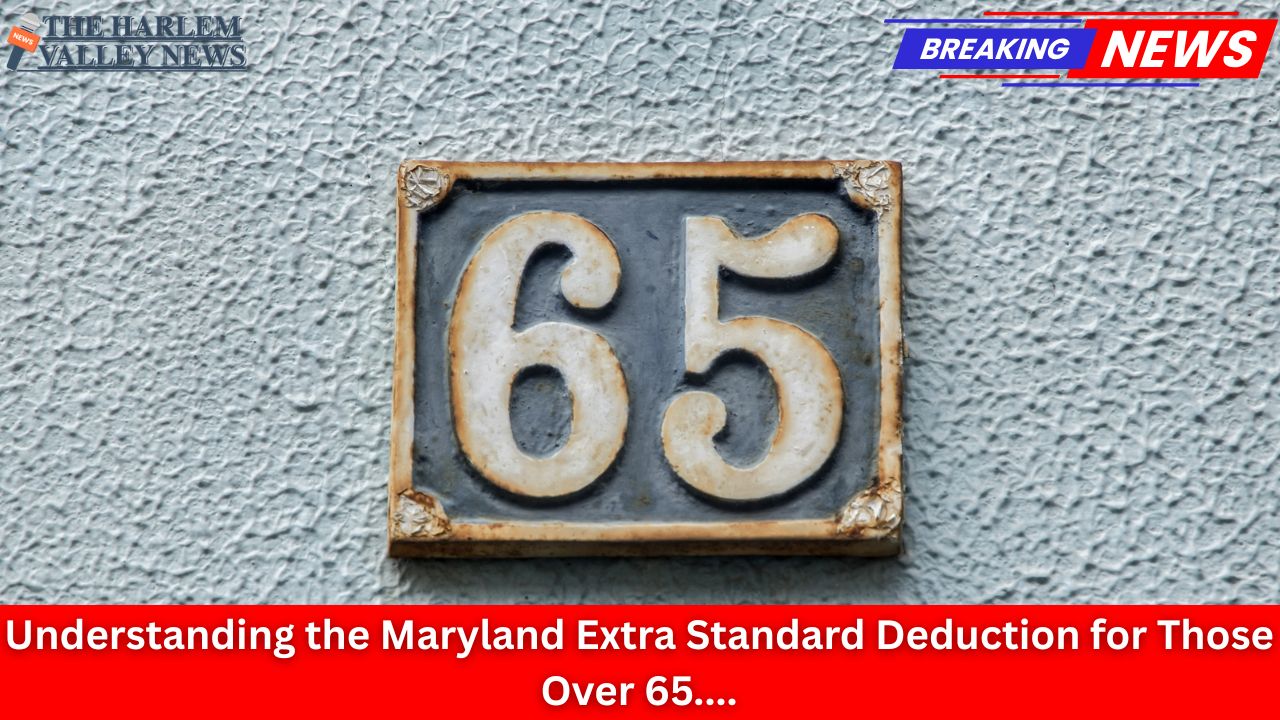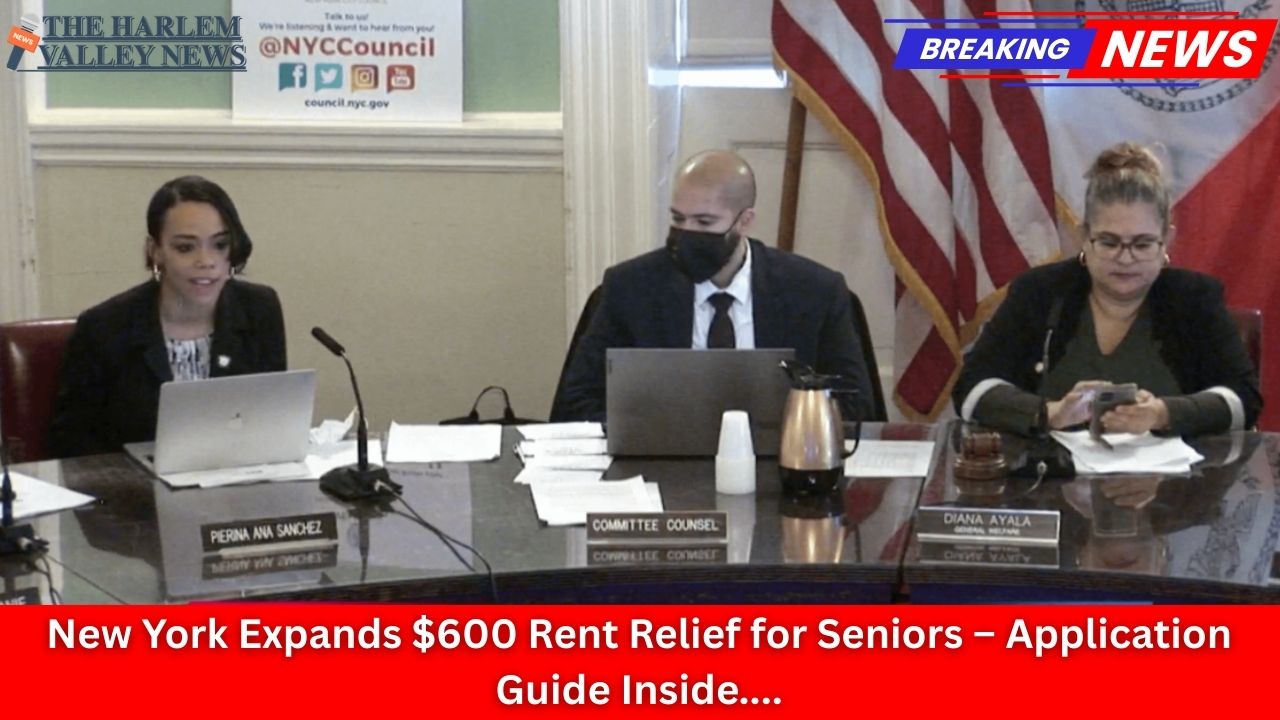Across the United States: Starting in the 2025 tax year, senior citizens age 65 and older living in various counties nationwide have a significant reason to celebrate as new tax relief measures come into effect. These changes will allow eligible seniors to claim additional standard deductions on their federal income tax returns, helping to reduce their taxable income and increase their financial wellbeing. Here is the complete update on the new rules for seniors and how they can benefit from these deductions through 2028.
What’s New for Seniors in 2025?
The most notable tax benefit introduced for seniors in 2025 is a new, temporary “senior bonus” deduction. Taxpayers aged 65 or older can now claim an additional deduction of up to $6,000 on their tax returns. For married couples filing jointly where both spouses qualify, this deduction can be as much as $12,000. This bonus is in addition to the existing extra standard deduction seniors have been able to claim, significantly increasing potential tax savings.
This deduction is available for tax years 2025 through 2028 and is designed to provide much-needed financial relief to older Americans during their retirement years.
Who Qualifies?
To qualify for the senior bonus deduction, taxpayers must:
-
Be age 65 or older by December 31 of the tax year.
-
File the appropriate tax return, including the Social Security Number of the qualifying individual(s).
-
For married couples, file jointly to claim the full benefit.
Income Limits and Phase-Outs
While this deduction is a generous benefit, it comes with income qualifications. The deduction phases out for those with modified adjusted gross income (MAGI) exceeding certain thresholds:
-
Single filers and heads of household with MAGI over $75,000 will see a reduced deduction.
-
Married couples filing jointly with MAGI over $150,000 will also see their deduction phased out.
Eligible singles with incomes above $175,000 and joint filers above $250,000 will not qualify for the senior bonus deduction.
Existing Standard Deduction for Seniors
Before the introduction of this new bonus, seniors could already claim an extra standard deduction amount. For 2025, the base standard deduction amounts are:
-
$15,750 for single filers and married individuals filing separately.
-
$23,625 for heads of household.
-
$31,500 for married couples filing jointly and surviving spouses.
On top of these amounts, seniors over 65 can add:
-
$2,000 for single filers or heads of household (if 65 or older or blind).
-
$1,600 per qualifying spouse for married filing jointly or separately (if 65 or older or blind).
If blind, these amounts can double, further increasing deductions.
Real Impact for Seniors
Combining the base standard deduction, the existing extra amount for age and blindness, and the new senior bonus deduction, seniors could reduce their taxable income substantially. For example, a couple both aged 65 or older who file jointly and qualify for the full senior bonus could deduct up to $46,700 in 2025. This sum includes:
-
$31,500 (base standard deduction for joint filers)
-
$3,200 (extra deduction for both spouses being 65 or older)
-
$12,000 (new senior bonus deduction)
For a single senior filer, the total potential deduction can reach $23,750, combining the base standard deduction, the extra amount for age or blindness, and the senior bonus.
Geographic Eligibility
This senior bonus deduction is a federal benefit and is available to eligible seniors across all counties in the United States. Seniors residing in any county in states such as California, New York, Texas, Florida, Illinois, and beyond can take advantage of these tax deductions if they meet the eligibility criteria.
What Does This Mean for Seniors?
This new tax deduction provides a timely financial boost for older adults, helping to ease the strain on fixed retirement incomes. It creates an opportunity for seniors to keep more of their hard-earned money and manage their expenses more effectively.
Experts also note that the increase in the standard deduction and introduction of this senior bonus deduction reflect broader efforts to support aging Americans, who often face increasing medical, housing, and daily living costs.
Planning Ahead
Seniors approaching age 65 should plan accordingly to maximize their tax benefits beginning with the 2025 tax year. Understanding qualification rules, filing requirements, and income thresholds are essential to claim the full deduction.
Additionally, since this bonus deduction is temporary and slated to expire after 2028 unless renewed, seniors should use this window of opportunity wisely as part of their retirement and tax planning strategies.
In summary, the 2025 tax year ushers in a substantial new financial benefit for seniors across the United States through an extra $6,000 standard deduction, doubling for eligible couples. This, combined with existing standard and additional deductions, greatly reduces taxable income for millions of older Americans. These changes are expected to enhance financial security for seniors in every county, making retirement a little easier to manage in the coming years.
















Leave a Reply